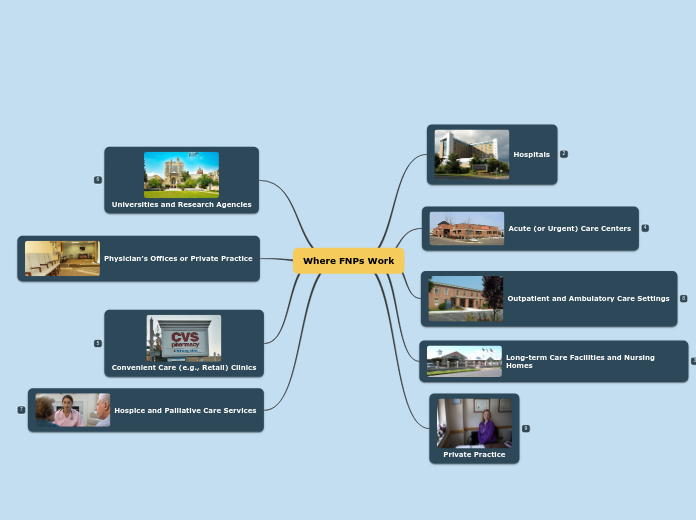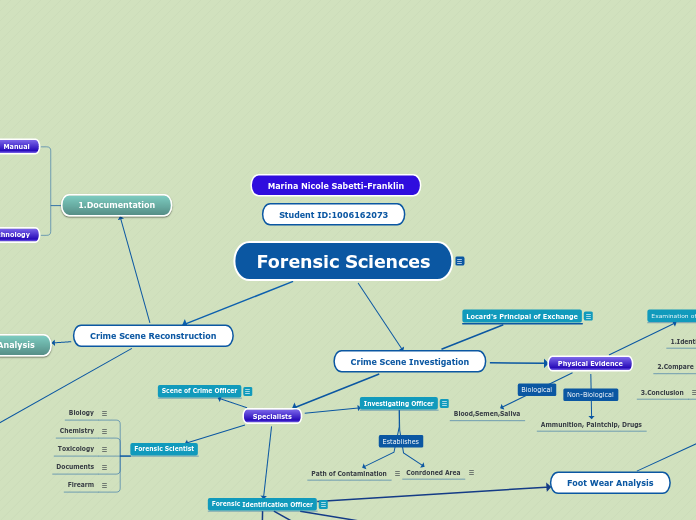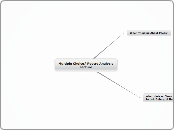jonka Michael Britt 4 vuotta sitten
206
Where FNPs Work
Family Nurse Practitioners (FNPs) have various career paths, each offering unique experiences depending on the work environment. One option is long-term care facilities or nursing homes, ideal for those who prefer building lasting relationships with patients and working at a generally slower pace.









